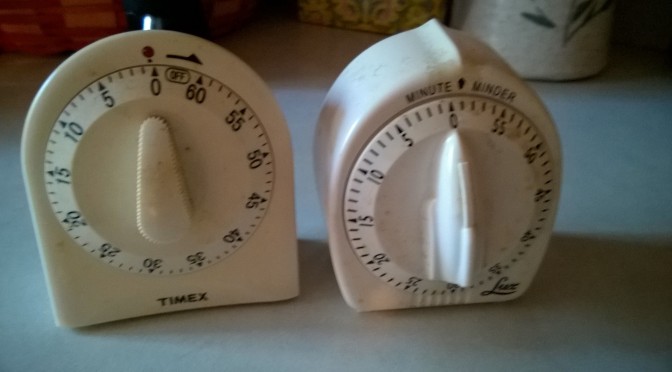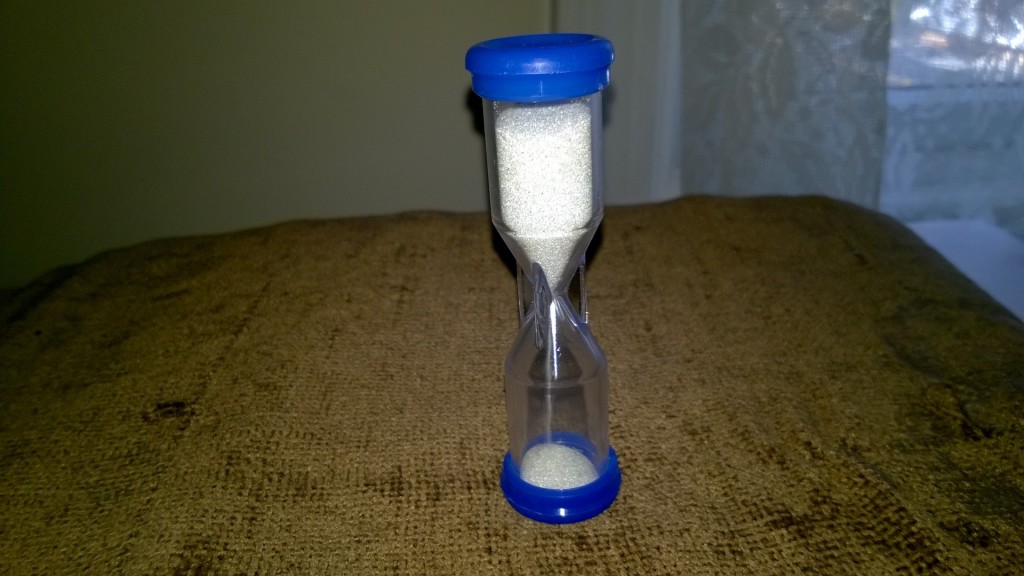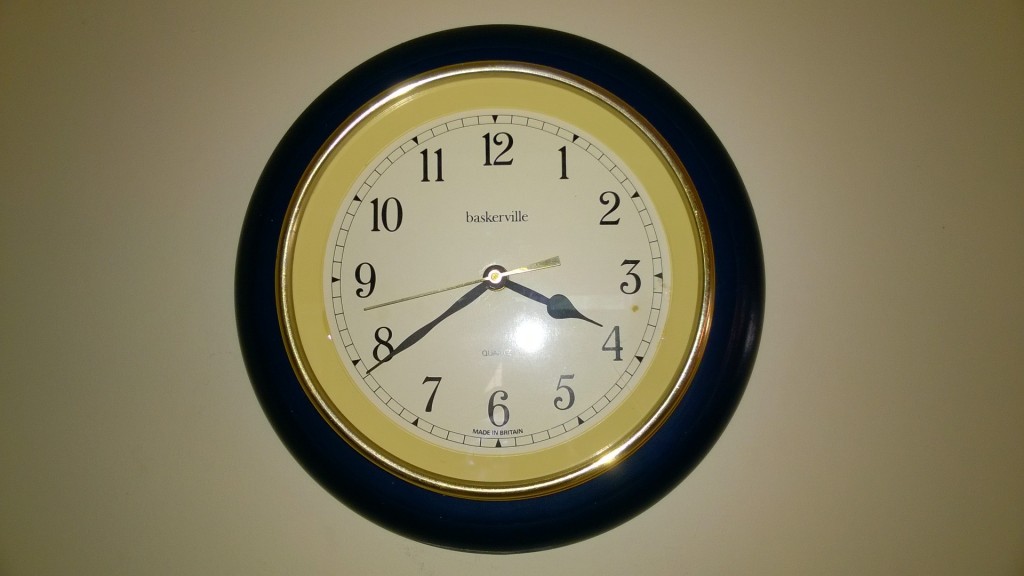An important aspect of games that needs to be kept in mind while designing a new game is its length. While not immediately apparent, game length has a surprising amount of influence on other aspects of the game including its fun and playability. While designing a game, try to imagine how long players will be able to continuously play while still having fun. Once you have a reasonable idea of how long this will be, try to set up your game so that it will finish before then. You want to be able to finish the game while the players are still interested and engaged, it is much better to hear “I just needed one more turn, let’s play again” than “how much longer is this going to take?”
Mechanics are a useful tool in determining game length. Many games make use of a set amount of turns in order to keep gameplay within the expected timeframe. Some will overtly tell you that you have a set number of turns, usually delineated somewhere on the game board and occasionally dressed up thematically as something such as years or seasons. This method is most often found in games involving repeatable actions that can be taken every turn. Other games use the same principle but rely on a limited resource, such as the deck of cards or tiles being place, to achieve this effect. By controlling the number of turns, the designer has a reliable way of ensuring that the game will end when they expect it to and while players are still enjoying it.
Game length also affects the groups of people that the game should be designed towards. Shorter games, usually under thirty minutes, tend to be less complex than other games. This simplicity, along with the shorter time required to play, makes a good target for younger gamers, who generally have a shorter attention span and may not be able to grasp harder mechanics yet. Another group that appreciates shorter games is those that play with larger groups. A short, simple game can fill the time after a longer game has finished while waiting for another group to finish so the play groups can intermix. Medium length games tend to be popular as there is sufficient time for more complex mechanics to be used, without completely dominating an entire play session. Longer games can be just as fun, with many interesting mechanics in use, but usually require advanced planning to make sure that they can fit into all the participants’ schedules. The next time you find yourself bored with a game, try asking yourself if it is the mechanics of the game boring you or if the game just went on for too long.
-James the Gamebreaker



